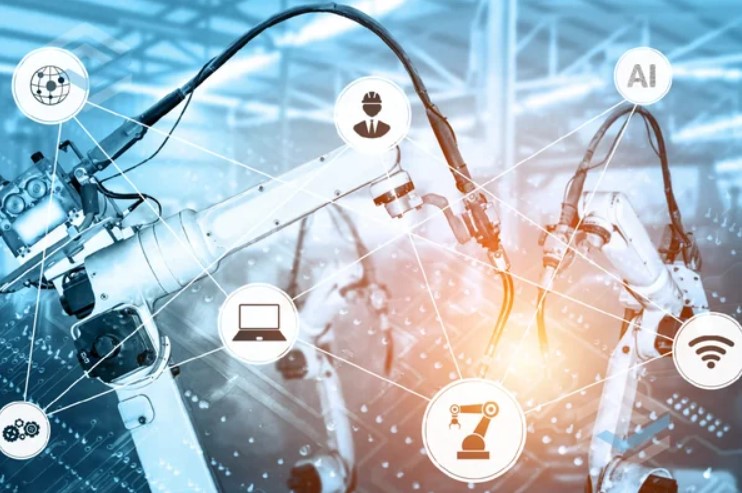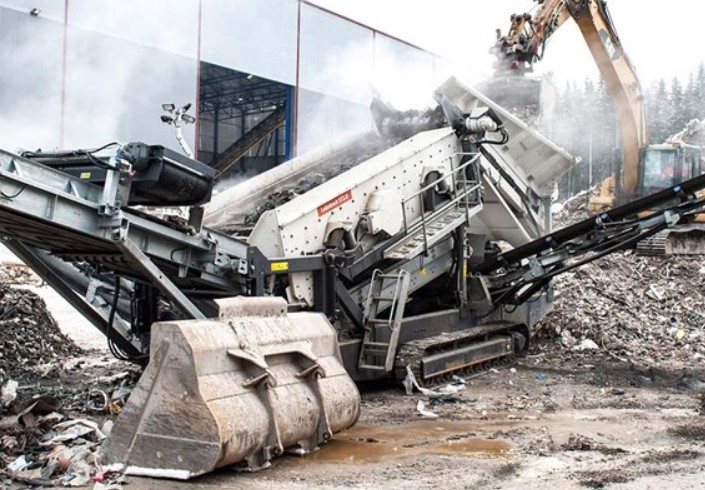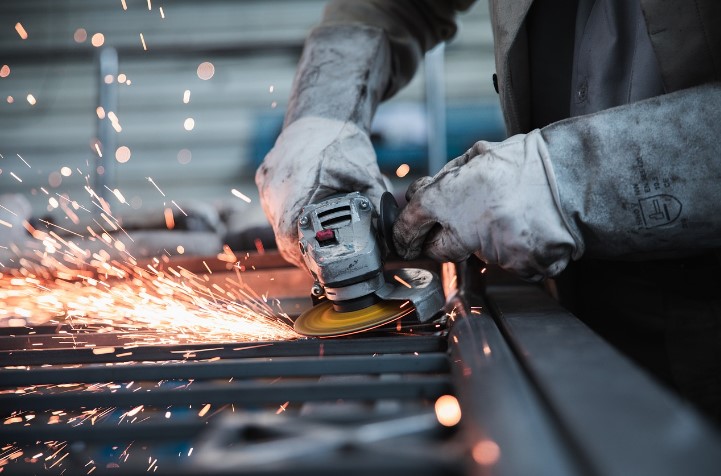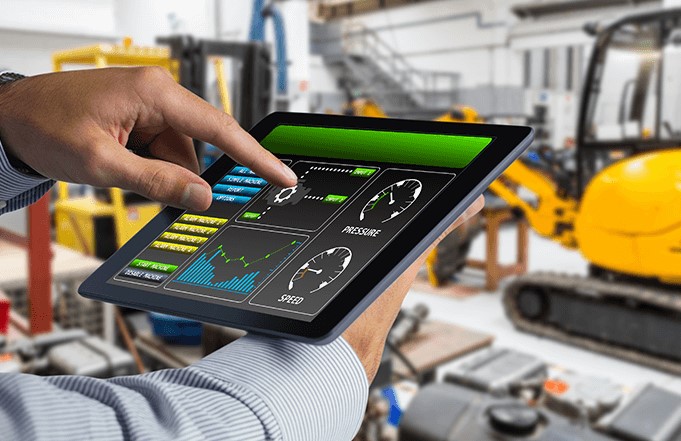
Redefining Manufacturing: The Move Towards Personalization
The manufacturing sector is experiencing a revolutionary change, transitioning from conventional mass production to a more dynamic model of mass customization. This shift is fueled by multiple factors that are altering the design, production, and delivery of products. In this discussion, we will examine these factors and their implications for the future of manufacturing.
Mass production took root during the Industrial Revolution, fundamentally altering manufacturing by introducing high-volume, low-cost production techniques. This approach allowed companies to generate standardized products affordably and make them widely accessible. However, the limitations of mass production soon became apparent, revealing issues such as a lack of personalization, inefficient resource usage, and high inventory costs.
In today’s market, consumers increasingly desire products that reflect their unique tastes and lifestyles. The emphasis has shifted from simply owning items to valuing experiences and personal engagement, compelling manufacturers to reassess their production methods. Enter mass customization, which merges the advantages of mass production with the personalization that consumers crave. Advanced technologies like 3D printing, robotics, artificial intelligence, and the Internet of Things are enabling manufacturers to create tailored solutions efficiently and at scale.
3D printing, or additive manufacturing, stands out for its ability to facilitate rapid prototyping and on-demand production, significantly minimizing time-to-market and material waste. Automation and a robotics integrator can enhance production precision, reduce labor expenses, and expedite manufacturing processes. Additionally, AI and machine learning equip companies with the tools to analyze consumer behavior, refine product designs, and optimize supply chains. The IoT contributes by enabling real-time data monitoring and optimization in smart factories, fostering efficient resource utilization and superior product quality.
Economic factors are pivotal in this transformation. While the initial financial outlay for advanced technologies may be daunting, the long-term gains often outweigh these costs. Enhanced efficiency, reduced waste, and the capability to swiftly respond to evolving market trends provide a competitive advantage for manufacturers. Personalized products not only fulfill individual preferences but also cultivate customer loyalty, leading to increased repeat business and favorable recommendations.
Sustainability is another significant driver of mass customization. By producing only the necessary materials, custom manufacturing reduces waste, aligning with the growing consumer preference for sustainable practices. Furthermore, localized production helps minimize carbon footprints by manufacturing goods closer to consumers, thereby creating an eco-friendlier supply chain.
Market trends such as globalization and the expansion of e-commerce further support this shift towards mass customization. Global consumers expect products tailored to their diverse cultural preferences, while online platforms facilitate direct customer engagement and customization options. This direct-to-consumer approach enhances personalized product offerings and enriches the overall customer experience.
Looking forward, the manufacturing landscape will increasingly incorporate advanced technologies. Tools such as augmented reality and virtual reality will provide consumers with immersive experiences for product customization, allowing them to visualize and design items in virtual spaces. Additionally, advanced sensors will play a critical role in ensuring real-time quality control, maintaining high standards throughout production.
The future of manufacturing is not solely about producing goods; it is about creating distinctive experiences that cater to individual preferences. Companies that embrace the concept of mass customization will be strategically positioned to adapt to changing consumer expectations, achieve operational efficiencies, and uphold sustainable practices in their operations.




